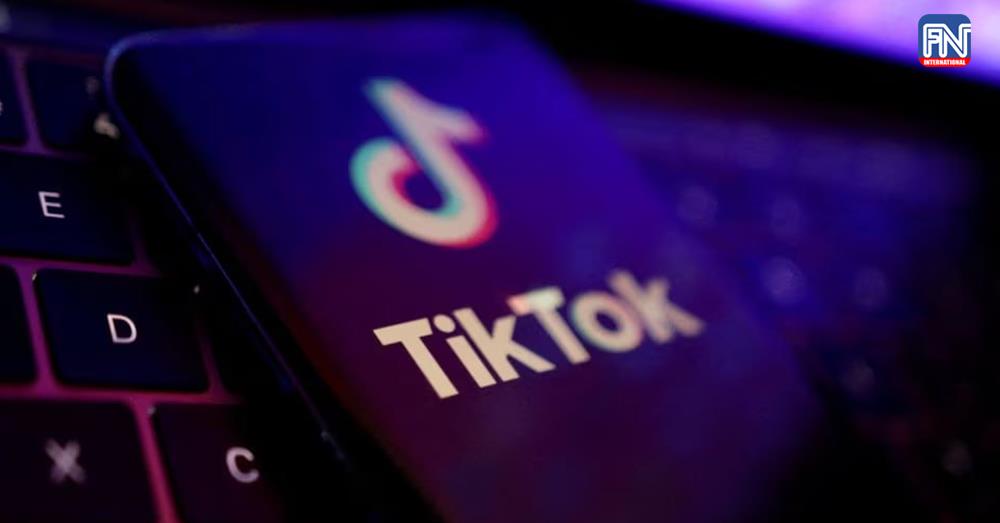WASHINGTON, March 7 (Reuters) - The White House backed legislation introduced on Tuesday by a dozen senators to give the administration new powers to ban Chinese-owned video app TikTok and other foreign-based technologies if they pose national security threats.
The endorsement boosts efforts by a number of lawmakers to ban the popular app, which is owned by Chinese company ByteDance and used by more than 100 million Americans.
The bill would give the Commerce Department the ability impose restrictions up to and including banning TikTok and other technologies that pose national security risks, said Democratic Senator Mark Warner, who chairs the Intelligence Committee. It would also apply to foreign technologies from China, Russia, North Korea, Iran, Venezuela and Cuba, he said.
TikTok criticized the measure, saying in a statement that any "U.S. ban on TikTok is a ban on the export of American culture and values to the billion-plus people who use our service worldwide."
The bill would require Commerce Secretary Gina Raimondo to identify and address foreign threats to information and communications technology products and services. Raimondo's office declined to comment.
TikTok has come under increasing fire over fears that user data could end up in the hands of the Chinese government, undermining Western security interests.
The senators introducing the legislation, led by Warner and Republican John Thune, also includes Democrats Tammy Baldwin, Joe Manchin, Michael Bennet, Kirsten Gillibrand and Martin Heinrich along with Republicans Deb Fischer, Jerry Moran, Dan Sullivan, Susan Collins and Mitt Romney.
Warner said it was important the government do more to make clear what it believes are the national security risks from TikTok. "It’s going to be incumbent on the government to show its cards in terms of how this is a threat," Warner said.
White House national security adviser Jake Sullivan praised the bipartisan bill, saying it "would strengthen our ability to address discrete risks posed by individual transactions, and systemic risks posed by certain classes of transactions involving countries of concern in sensitive technology sectors."
"We look forward to continue working with both Democrats and Republicans on this bill, and urge Congress to act quickly to send it to the President’s desk," he said in a statement.
Raimondo, in a separate statement, said she "welcomes this legislative framework for addressing these threats and protecting Americans’ safety and national security" and vowed to work with senators "to advance this legislation through Congress."
TikTok Chief Executive Shou Zi Chew is due to appear before Congress on March 23.
